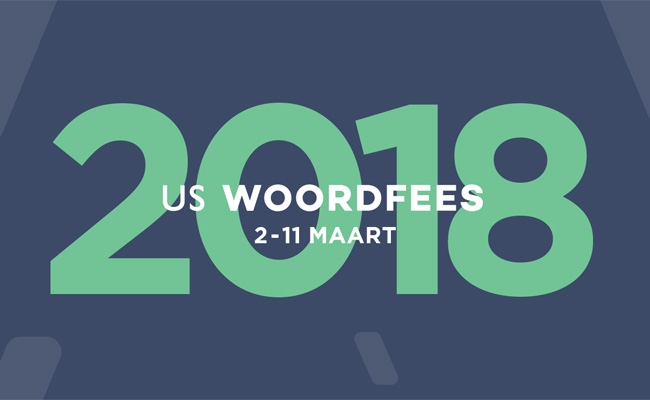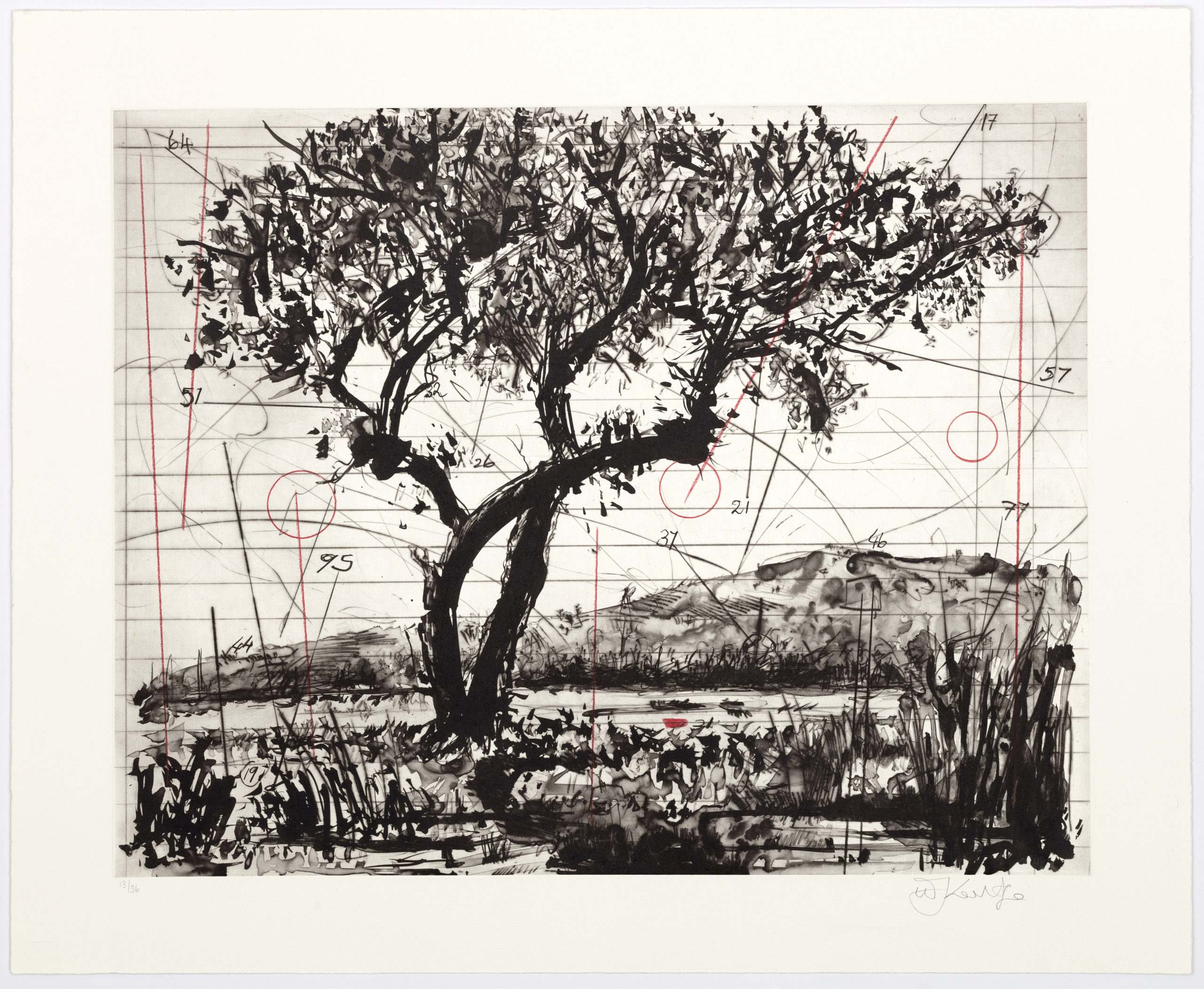
I wish someone had told me about Planning & Poetry
“I wish someone had told me” is a series of posts that feed into our inquisitive nature at CN&CO. Each week we hear from someone in our network about something interesting or surprising that has recently happened or occurred to them – or lessons they learnt. These blogs are a way to pay it forward and form part of CN&CO’s belief that the world can be a better place – and we all have a responsibility to make it so. This week’s post is by Carel Nolte who has, as can be expected, decided to not fully follow his brief.
I was thinking of writing about planning. As anyone who knows me will tell you, I love to plan. I also love to deviate from those plans! But without a structure, life is simply a chaotic mess. With planning comes the ability to do more, do better and do with and for more people. However, the benefits of planning are so obvious these days that I decided that would be a redundant blog. Instead, my contribution is about poetry. And before you switch of… poetry can make you rich, get you great sex, heal your mental woes, bring world peace and provide many life-altering moments. So please read on.
As Robert Williams’ character John Keating says in the film Dead Poets’ Society: “We don’t read and write poetry because it’s cute. We read and write poetry because we are members of the human race. And the human race is filled with passion. Medicine, law, business, engineering, these are noble pursuits and necessary to sustain life. But poetry, beauty, romance, love, these are what we stay alive for.”
I was reminded this week whilst at The Woordfees (which I managed to attend and get great tickets for all the best shows thanks to planning!) how little poetry I have in my life and how vital it is – to develop my lateral thinking, to grow my mind, to stimulate my contributions to the world and for sheer pleasure. It started with legendary Laurika Rauch whose show, Digby my Hart, takes poetry (or pieces that should be poetry!) and sets them to music. Sheer bliss.
Soos die program se:
“In die laat sewentigs het Laurika, met die koms van televisie, in opdrag, die geleentheid gehad om vir verskeie verhoog- en televisieprogramme, gedigte van haar keuse te toonset.
Van haar toonsettings is reeds opgeneem op CD, soos Ingrid Jonker se ‘Toemaar die donker man’; ‘Boerneef se ‘Nalekokers’ en ‘Niks hang so rooi soos wingerdblaar by Hexrivier’; toonsettings van Hennie Aucamp-lirieke – en nog baie meer. Mettertyd het van haar minder bekende toonsettings in ‘n laai beland en toe Saartjie Botha van die ontontginde materiaal te hore kom, het sy gevra dat Laurika ‘n program saamstel wat uit baie van haar eie, maar ook ander komponiste (soos Laurinda Hofmeyr, Clarabelle van Niekerk en Chris Torr) se toonsettings sal bestaan.
‘Digby my hart’ het uit hierdie opdrag voortgevloei – ‘n versameling getoonsette gedigte van – ondermeer – Wilhelm Knobel en Marlise Joubert – tot by die digterlike lirieke van Chris Barnard.
Laurika is by uitstek ‘n vertolker, en hierdie vertoning gun haar en die gehoor die kans om, vir n uur of wat, in die uitnemende geselskap van die werk van verskeie van ons digters te verkeer.
Sy word op die klavier begelei deur die gerespekteerde Bloemfonteinse komponis/verwerker/pianis en begeleier, Anton Estherhuyse.”
My favourite was Hot Gates – in Afrikaans –which ends the show. A litany of places where conflict has taken place. Shortly after the Parkland shooting, I was reminded how bloody stupid the human race sometimes is. We really must learn better from history.
Laurika’s show mentioned Bibi Slippers and so I was delighted to, in Fotostaatmasjien, be transported into the world of Bibi’s poetry. This piece was my unexpected highlight of the festival and reminded me of my own Master’s thesis – Revealing the Real, in which I explored the many aspects of “reality”. What is real? Is what is real for me, also real for you? In Fotostaatmasjien we learn about this invention and how Bibi’s “original” poetry develops.
I love this poem by Bibi:
I am the cinnamon peeler’s wife. Smell me.
– Michael Ondaatje, “The Cinnamon Peeler”
bring nader jou neus.
snuif.
ek is
die vee-voeder se dogter
jy sal wol ruik en gras
aan die palms
van my hande en piesang
pynappel en die bedompige lug
van Natal in my pas-gewaste hare
ook chloor wanneer dit droogword
want ek was die swemkaptein
se skelm vry agter die pomphuis
daar’s skoenpolitoer
aan my vingerpunte en vanielje in my lies
só ruik die tamboermajoor se meisie
en die hoofseun se geheim
die vae klank van kokosneut
wat aan my kuite klou
is bietjie surfer-ou wat by my bly
die seun wat wou doodgaan ’n kruitreuk
teen my slaap
snuif maar aan my kuif: verhoogrook,
malvalekkers en swaar gordyn
ek was die regisseur se regterhand
en rusplek my rug ruik
soos boekrak en van êrens af
die aangename stank van rosyne en tabak
as dit byna bekend ruik in my nek
langs my geboortevlek
is dit omdat jou naamgenoot my gisteraand
nog daar gesoen het voor hy moes vertrek
met net julle naam gelos
jou naam en syne
en die reuklose reghoekigheid
van my kussingsloop
Of course, no piece on poetry would be complete without my hero Shakespeare! One of his sonnets must be mentioned ☺ I chose sonnet 73, one on age and death – topics that have relevance for us all:
That time of year thou mayst in me behold
When yellow leaves, or none, or few, do hang
Upon those boughs which shake against the cold,
Bare ruin’d choirs, where late the sweet birds sang.
In me thou see’st the twilight of such day
As after sunset fadeth in the west,
Which by and by black night doth take away,
Death’s second self, that seals up all in rest.
In me thou see’st the glowing of such fire
That on the ashes of his youth doth lie,
As the death-bed whereon it must expire,
Consum’d with that which it was nourish’d by.
This thou perceiv’st, which makes thy love more strong,
To love that well which thou must leave ere long.
My weekend in Stellenbosch also included a wedding where I was privileged to be the marriage officer. I read a poem, as I often do, by John O’Donohua. A wonderful man whose death, like his poetry, taught me much. Mainly to not procrastinate, And to relish change and new beginnings.
In out-of-the-way places of the heart,
Where your thoughts never think to wander,
This beginning has been quietly forming,
Waiting until you were ready to emerge.
For a long time it has watched your desire,
Feeling the emptiness growing inside you,
Noticing how you willed yourself on,
Still unable to leave what you had outgrown.
It watched you play with the seduction of safety
And the gray promises that sameness whispered,
Heard the waves of turmoil rise and relent,
Wondered would you always live like this.
Then the delight, when your courage kindled,
And out you stepped onto new ground,
Your eyes young again with energy and dream,
A path of plenitude opening before you.
Though your destination is not yet clear
You can trust the promise of this opening;
Unfurl yourself into the grace of beginning
That is at one with your life’s desire.
Awaken your spirit to adventure;
Hold nothing back, learn to find ease in risk;
Soon you will be home in a new rhythm,
For your soul senses the world that awaits you.
From the collection To Bless the Space between Us
Have a wonderful week and open yourself to poetry. And planning, of course.








